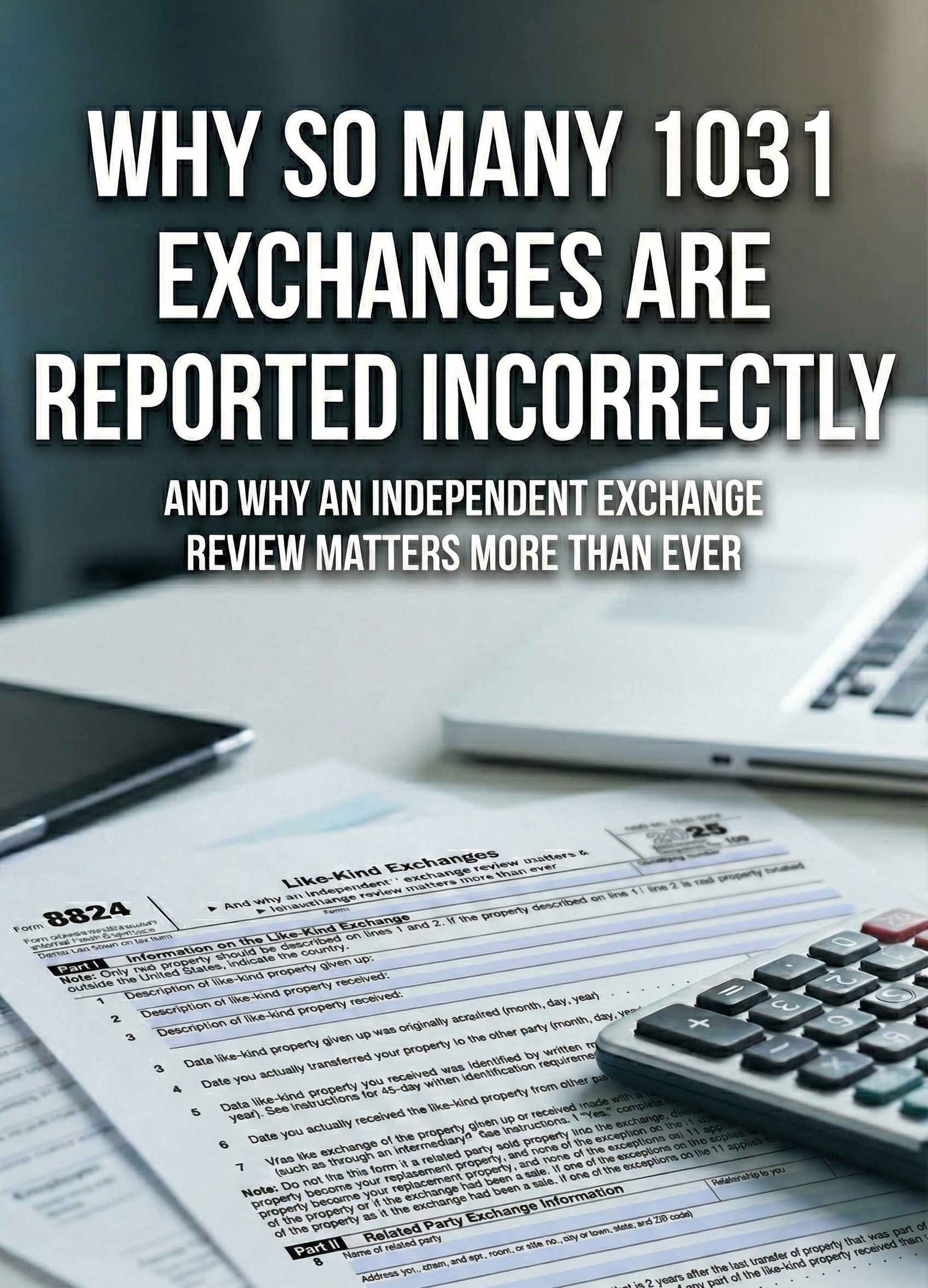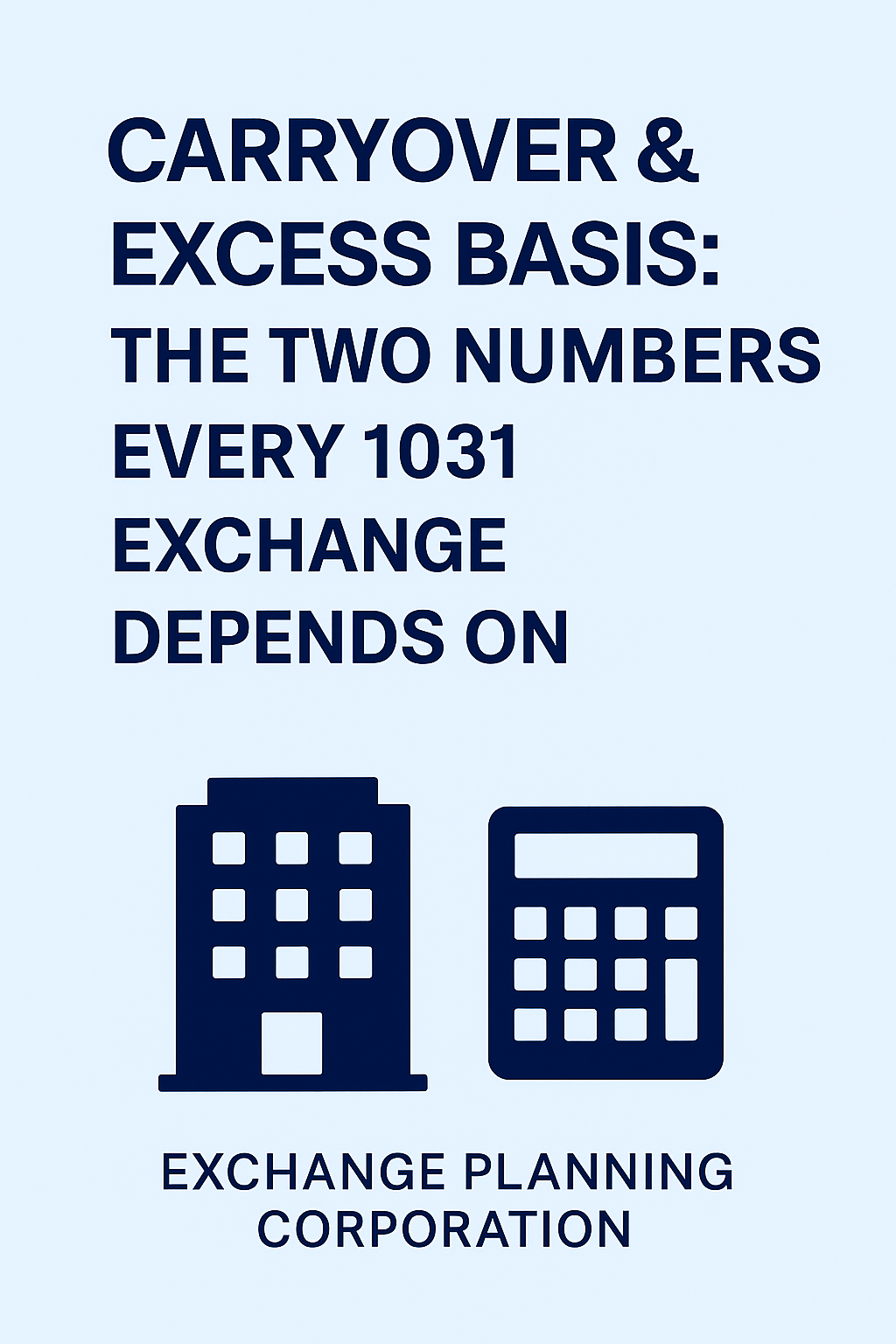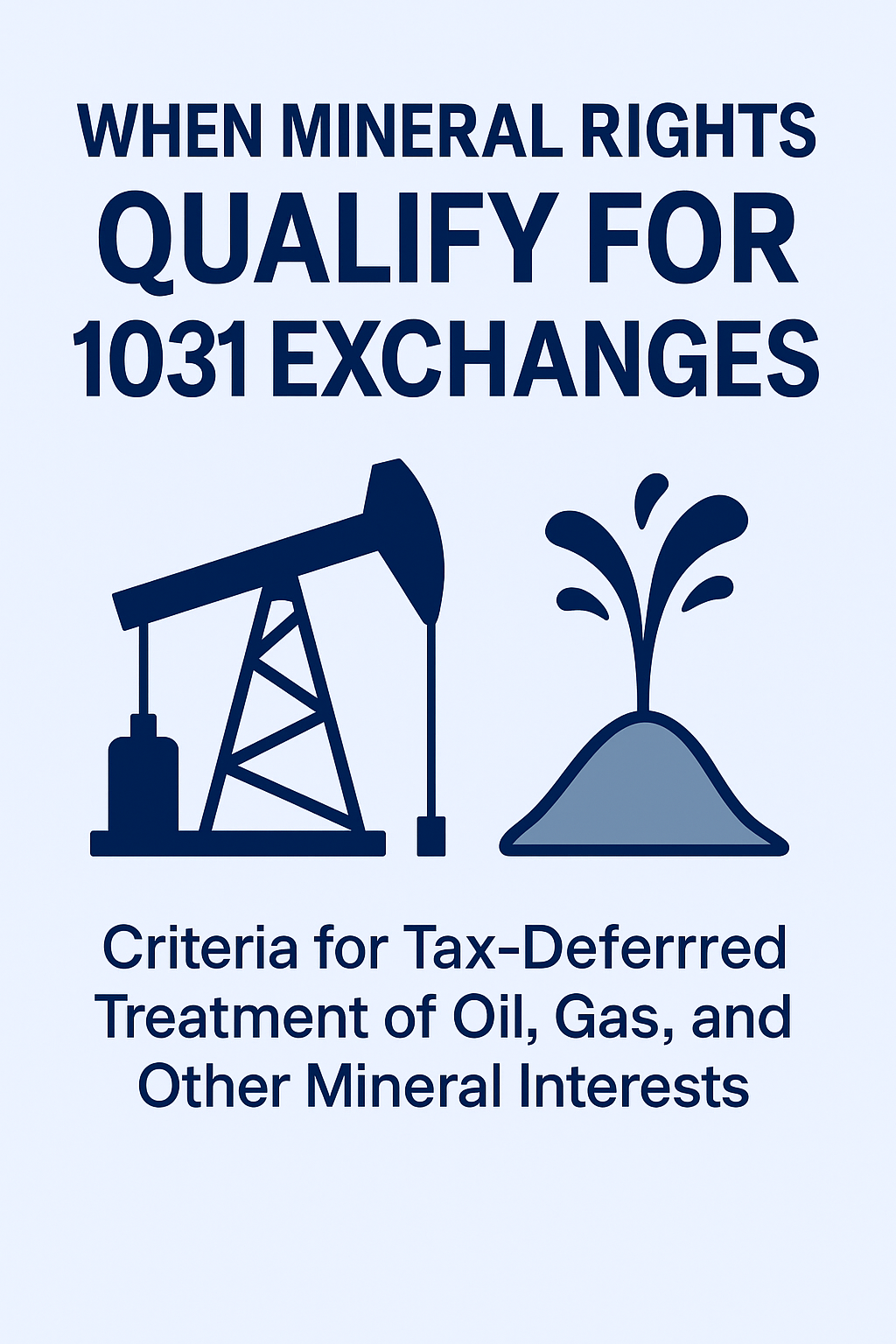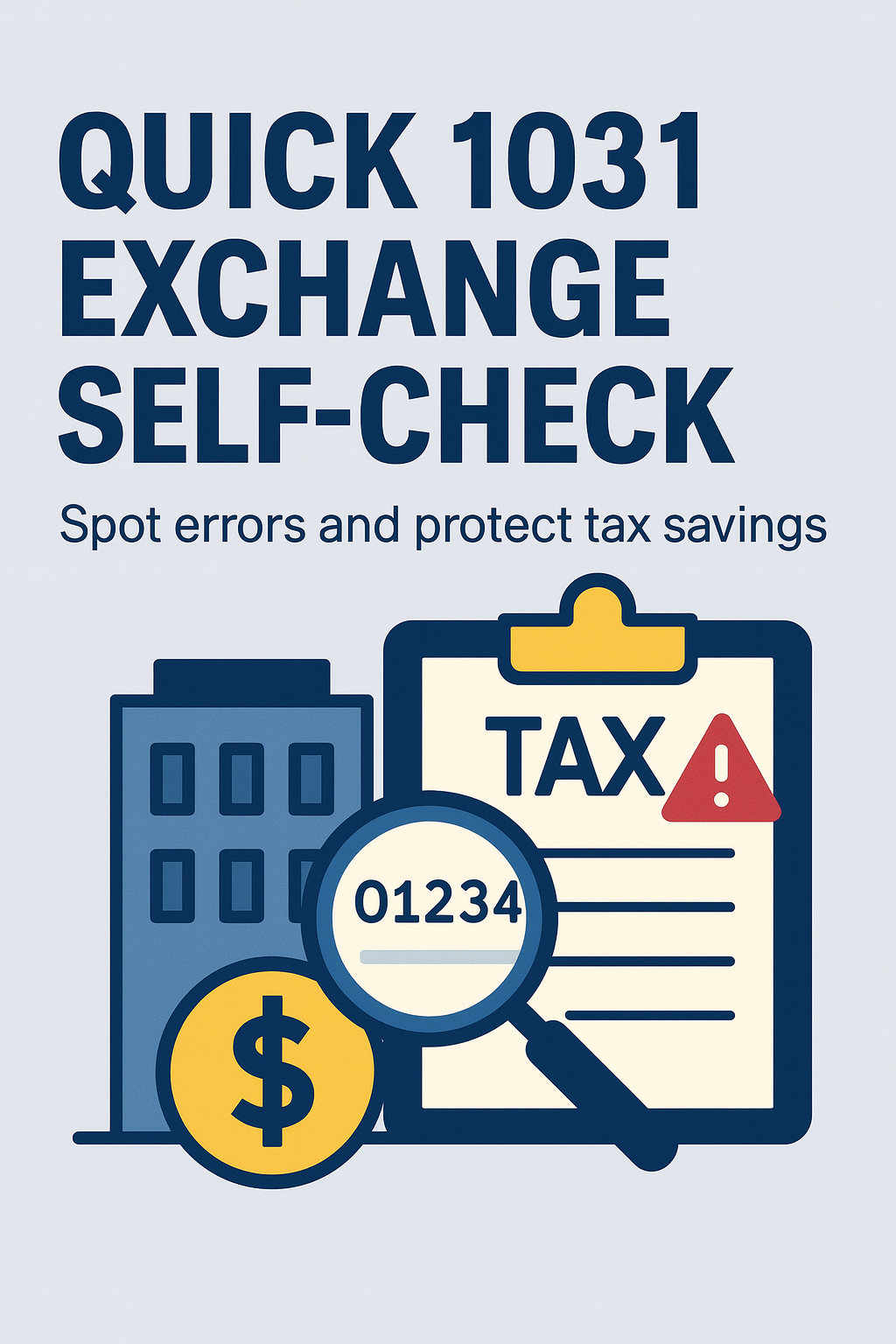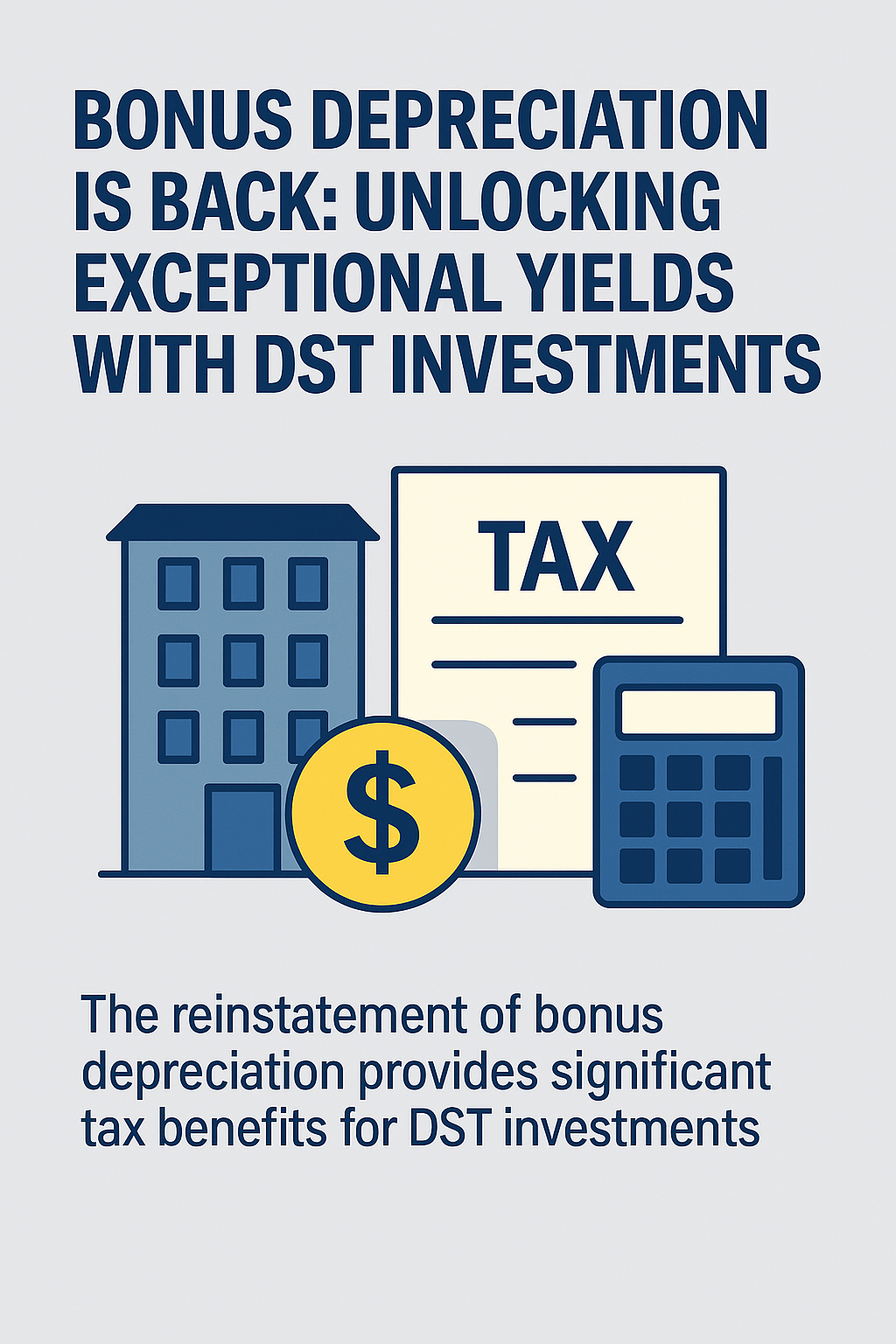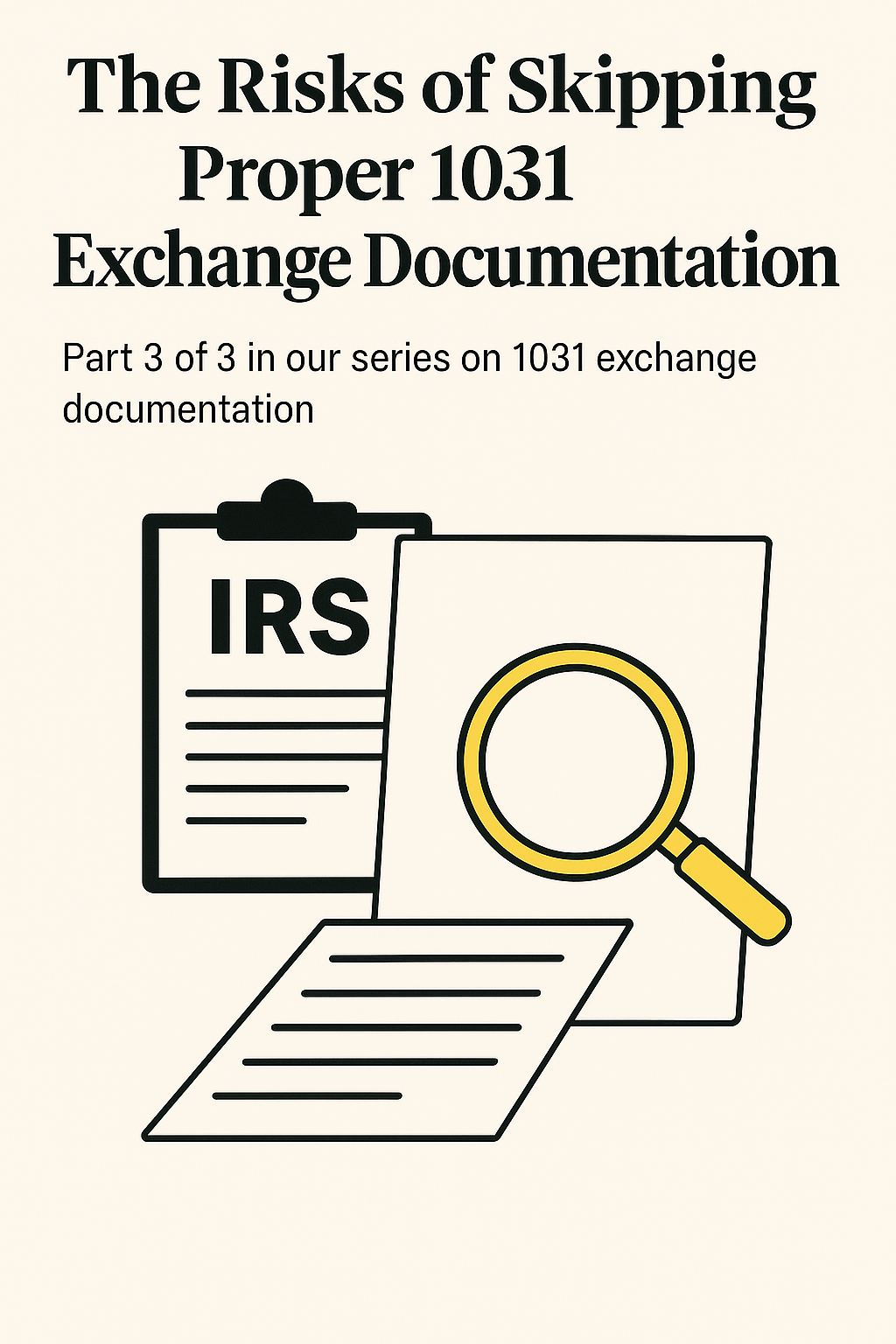The Tax-Efficient Approach: Reducing Purchase Price
By strategically reducing the purchase price of the replacement property, while keeping the exchange proceeds intact, investors can leverage reserves to their advantage. This approach allows for the deduction of costs paid with reserves, resulting in potential tax savings. Furthermore, any unspent reserves can be returned tax-free when the property is sold, creating an additional source of tax-free income.
An Alternate Approach: Including Reserves in the Purchase Price
Based on their financial reporting some sponsors include reserves in the purchase price, leading to a reduction of deductions for expenses paid by reserves. Additionally, any reserves disbursed during the holding period are generally considered taxable. While this approach may have some sustainable arguments, it is less tax-efficient compared to the reduction in purchase price method described above.
The Onerous Approach: Treating Reserves as Boot
Treating reserves as boot is the most burdensome option, typically preferred by taxing authorities. In this scenario, reserves are treated as additional taxable income. Let’s consider a practical example to understand how this works. Suppose an investor purchases a DST interest for $500,000, including $27,500 of reserves. During the seven-year hold period, $17,500 is spent on expenses covered by reserves. When the property is sold, the investor receives a $10,000 refund of the remaining reserves.
By excluding the reserves from the purchase price and deducting the expenses paid by reserves, investors can save over $6,000 in taxes and enjoy $10,000 in tax-free income. This is the most efficient tax treatment as described above. If the DST had been held for seven years this treatment would have resulted in almost one half of one percent increase in yield on the investment.
The alternate approach above does not save appear to save taxes. The reserves are included in the purchase price though so they would increase depreciation deductions. This would result in approximately $6,300 deductions saving $2,100 in taxes.
Treating reserves as boot, on the other hand, would require paying approximately $8,000 in taxes upfront, resulting in a net savings of $8,500 as compared to the tax savings from the most tax-efficient method. While this option may seem appealing to taxing authorities, it places a significant financial burden on the investor.
Expert Guidance: Unlocking Your Maximum Tax Savings
Unfortunately, many investors miss out on the benefits of reserves due to the lack of understanding among tax professionals. At Exchange Planning Corporation, we specialize in comprehensive exchange planning services, including the strategic handling of reserves in 1031 exchanges. Our experienced team will guide you through the complexities of DSTs and reserves, ensuring you make informed decisions and maximize your tax savings.
By choosing our services, you not only gain access to our expertise but also receive representation in the event of an audit at no additional cost. We are committed to defending our position and protecting your interests, ensuring a seamless and worry-free exchange experience.
Conclusion
Reserves are an often-underestimated component of 1031 exchanges, yet they hold significant tax benefits for investors. Understanding the different treatments of reserves is crucial in maximizing your tax savings and optimizing your 1031 exchange. Don’t let the lack of knowledge hinder your financial success. Partner with Exchange Planning Corporation to leverage the power of reserves and navigate the intricacies of 1031 exchanges with confidence. Contact us today to discover how we can assist you in achieving a tax-efficient and seamless exchange experience.
FAQ
Q: What are reserves in the context of 1031 exchanges?
A: Reserves refer to funds set aside for specific purposes, such as property maintenance or future expenses, in a Delaware Statutory Trust (DST) investment.
Q: How can reserves provide tax benefits in a 1031 exchange?
A: Strategic treatment of reserves, such as reducing the purchase price and deducting expenses paid with reserves, can result in tax savings and tax-free income.
Q: Why do many investors and tax professionals overlook the significance of reserves in 1031 exchanges?
A: Lack of awareness and understanding of how reserves impact tax savings often leads to their neglect in 1031 exchanges.
Q: How can Exchange Planning Corporation help me optimize my tax savings in relation to reserves?
A: Our team of experts specializes in comprehensive exchange planning, including the strategic handling of reserves. We provide personalized guidance to ensure you make informed decisions and maximize your tax benefits.
Q: What happens if my exchange is audited by taxing authorities?
A: Exchange Planning Corporation offers representation at no additional cost in the event of an audit, protecting your interests and defending our strategic positions.


